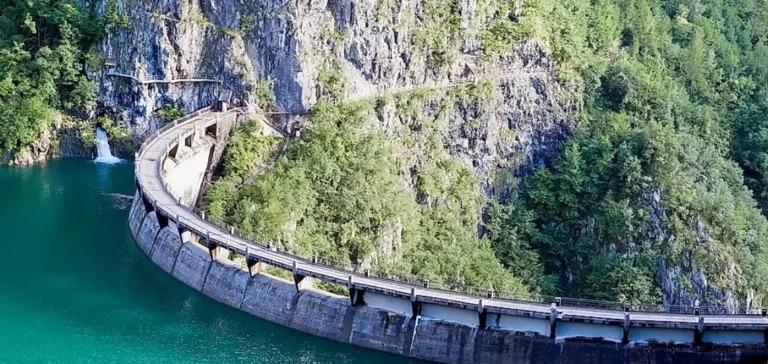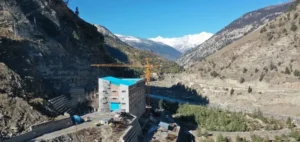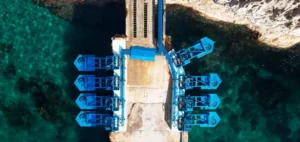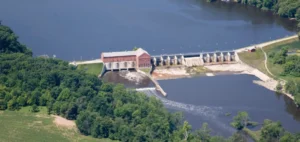The future of hydropower in Italy is closely tied to regulatory clarity around concessions. A report released during TEHA’s strategic forum reveals that 86% of existing hydropower concessions have expired or are about to expire. This uncertainty is delaying potential investments by up to six years in a sector that supplies 15% of national electricity consumption.
An industrial and energy cornerstone
Hydropower currently accounts for 46% of the country’s renewable electricity output, with 53 TWh produced in 2024 and an installed capacity of 22.9 GW. This places Italy third in Europe, behind Norway and France. The sector also activates an industrial supply chain valued at €37bn in production and €19bn in exports, covering around 150 technologies, 70% of which are led by Italian producers in Europe.
A fragmented regulatory context
The absence of a harmonised European regulatory framework, combined with asymmetric concession durations across Member States, is hampering investment momentum. While France offers concessions of up to 75 years and Norway imposes no limits, Italy faces more restrictive terms. Although the European Commission initiated infringement proceedings in 2019, the case was later closed with no harmonisation achieved.
A fourth route to accelerate investment
The report proposes an alternative solution known as the “fourth way”, involving the reassignment of existing concessions in return for a structured investment plan. This option could accelerate investments by six years compared to current models, unlocking up to €16bn in additional funding, €18.5bn in GDP and 20,800 jobs.
Focus on public-private partnerships
Among the options currently allowed by Italian law, public-private partnerships (PPP) through project finance stand out for their potential to speed up procedures. Under this model, a private operator submits an industrial plan, relieving public authorities of the technical groundwork and facilitating decision-making.
Economic and systemic benefits
According to the report’s projections, the “fourth way” could increase national hydropower output by 5–10%, reduce CO₂ emissions by 4.5mn tonnes and raise the share of renewables in the energy mix by two points. It would also yield up to €1.1bn in community savings.
“The hydropower sector requires regulatory stability to secure long-term investment, especially in light of production volatility caused by droughts,” said Salvatore Bernabei, Head of Enel Green Power and Thermal Generation at Enel.






















